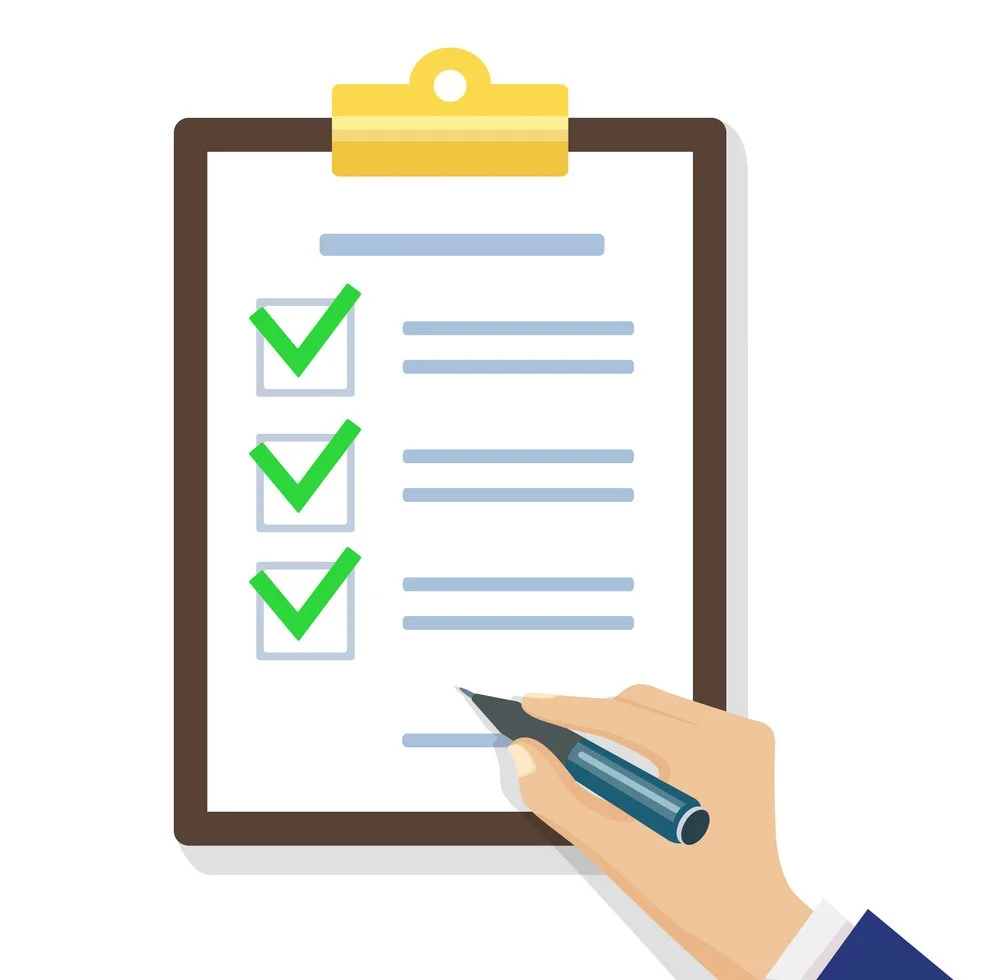
In Personal Overdraft Facility, a bank, NBFC, or any other financial institution allows the account holder to withdraw an amount even if it is not available in his or her bank account.
Your credit score plays a crucial role in determining your eligibility for a personal overdraft. Ensure that your credit score is in good standing, as a higher credit score increases your chances of approval.
APPLY NOWThe Eligibility Criteria for the Personal Loan Overdraft Facility is mentioned below:
Documentation required for Overdraft Facility
Mentioned below are the documents required by the borrowers.

Applying for a personal overdraft facility typically involves a series of steps, and the process may vary slightly from one financial institution.
1. Apply with a click.
2. Get your documentation done online.
3. Get your Personal loan approved and disbursed in the shortest interval of time from Money Bharti.
| Bank | Interest Rate for OverDraft Facility |
|---|---|
| HDFC Bank | 15%-18% P.A |
| ICICI Bank | 16% |
| Kotak Mahindra Bank | 12.7% |
| Tata Capital | 13.50% |







Secured loans require collateral (such as a house or a car) to back the loan, providing security for the lender in case the borrower defaults. Unsecured loans do not require collateral but typically have higher interest rates as they pose a higher risk to the lender..
The interest rate is the cost of borrowing money, expressed as a percentage of the loan amount. It is determined by factors such as prevailing market rates, the borrower's creditworthiness, and the loan term.
Missing a loan payment can result in late fees, penalty interest rates, and negative effects on your credit score. If you continue to miss payments, the lender may take further action, such as reporting the delinquency to credit bureaus, initiating collection efforts, or even seizing collateral (for secured loans).
In many cases, yes, you can pay off your loan early. However, some loans may have prepayment penalties or fees for early repayment. It's essential to check your loan agreement or consult with your lender to understand any potential costs associated with early repayment.
The required documentation varies depending on the type of loan and the lender. Common documents include proof of identity, proof of income (such as pay stubs or tax returns), bank statements, and information about any assets or debts. It's best to check with your lender for specific requirements.